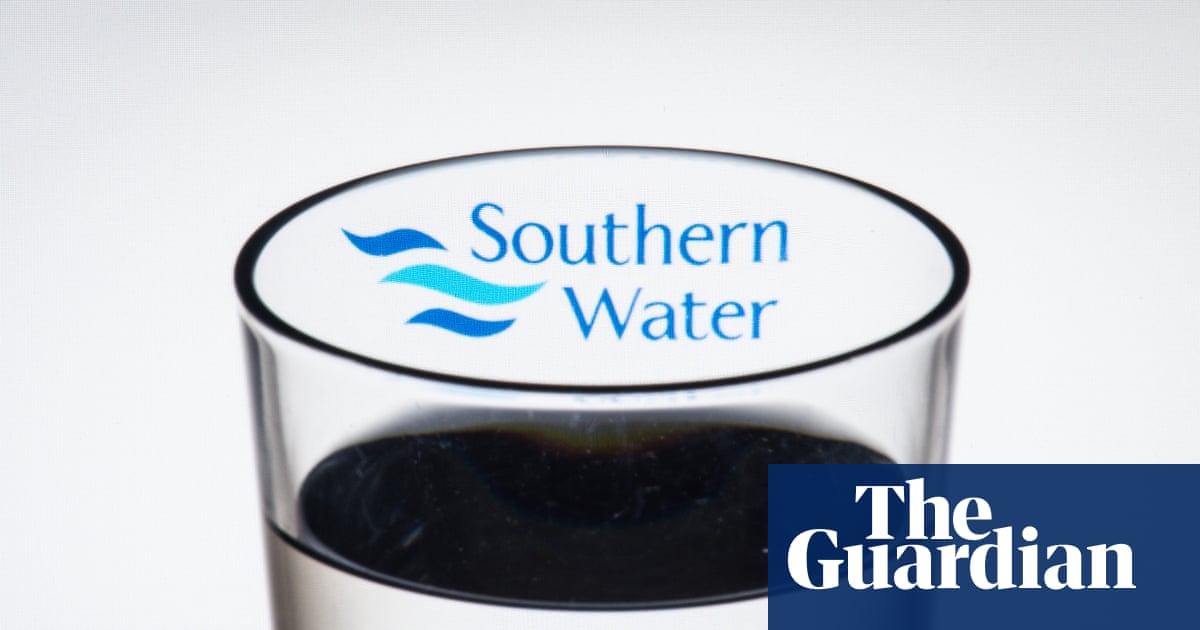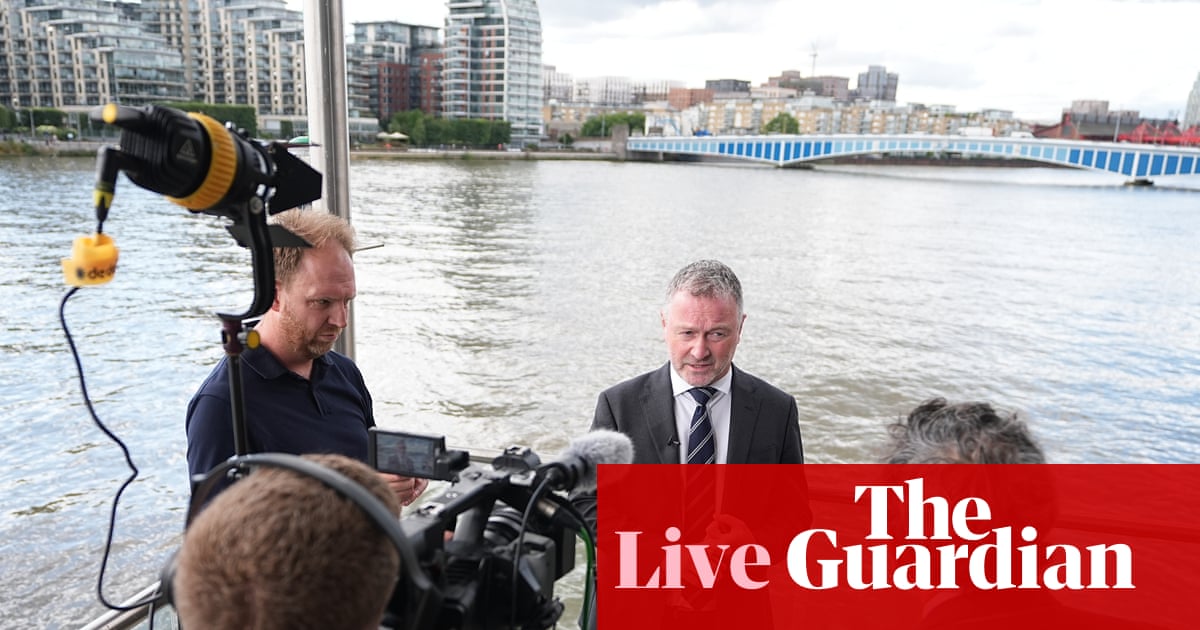- CORPGRO Newspoint
- Posts
- Water, water, everywhere, nor any drop to drink
Water, water, everywhere, nor any drop to drink
(The Rime of the Ancient Mariner, Samuel Taylor Coleridge)

What’s the Story?
The press reported last week that Southern Water has doubled the CEO pay to £1.4 million despite the recent OFWAT bonus ban. In fact this misreports a new grant of LTIP opportunity.
On 21 July 2025, the independent water commission under Sir Jon Cunliffe issued its final report. This included 88 recommendations on a complete overhaul of the UK water industry focus, regulation and operations.
Out of scope was the question of re-nationalisation. But the report does look at water company ownership models and concludes that performance depends more on regulation and management style than on ownership model.
Executive remuneration warrants only two paragraphs:
Para 719 notes that top pay at water companies causes much concern
Para 720 notes that good pay and correct incentives are important to attract top talent in a capital intensive industry
The report states it was commissioned prior to the advent of the Water Special Measures Act 2025, which provides bonus ban powers to OFWAT for under-performing water companies (and same day used on six leading water companies).
Also today, the UK government has announced OFWAT will be abolished and replaced by a new regulator which will “prevent the abuses of the past”.
Why Does it Matter?
The privatisation of the UK water industry in 1989 was highly controversial and many questioned if the normal open market capitalist rules would operate smoothly in a natural monopoly such as water.
Now 35 years later, the UK water industry has come under intense criticism for poor environmental outcomes, poor customer service, unreliable water supply continuity and concerns about under investment.
The Cunliffe independent report offers the opportunity for a major reset for an essential sector.
For some, the fact that nationalisation was excluded is a fatal flaw. But re-nationalisation is impractical. It would be enormously expensive in light of other government funding pressures.
Aside from the upfront cost, the go-forward additional capital expenditure needed for the UK water industry is some £100 Bn by 2030. That kind of money is not sourced easily from public funds. In fact, the volume of invested capital must come from the capital markets, and for that to happen, a suitable risk return balance must be structured clearly for all to see.
Executive incentives and competitive pay levels are essential to attract and engage the kind of executive talent needed to allow the inbound capital to proceed safely. The cost of that top pay is minor, but it will still attract critical scrutiny.
If private capital is to be attracted, good talent must be involved in the mix. For that to happen good levels of reward with correctly structured incentives are essential.
Newspoint view
Drinking water in the UK is good by OECD standards, but performance elsewhere particularly on pollution is woeful.
The Government is right to abolish OFWAT it has failed in its prime purpose, of setting prices and a regime of control on quality and finance to allow the industry to thrive over decades long horizons.

But now what? As the old joke runs “well, if you were going there, I wouldn’t start from here!” Not that funny as a joke, it’s deeply unfunny for the UK as we contemplate the poor past water industry job and the even bigger job ahead.
Nationalisation of water should rightly be off the table. It has high up front cost and is also unlikely to deliver the capital needed for the huge investment agenda. A political bullet dodged.
So where is the £100 Bn in five years to come from? Plainly the capital markets, and that means political stability for the new money allowing delivery of reasonable returns from well managed companies.
Executive incentives are vital to this objective.
The current executive incentives need a deep overhaul. The environment and customer service factors should be weaved into the mix, not added as bolt-on metrics to the main fabric. This is an urgent issue in an industry used to thinking in decades.
The OFWAT bonus ban powers are likely to float seamlessly into new regulatory hands.
Banning things is not the answer. Deeper thinking is required, and swiftly before we see a capital drought.
CORPGRO Helps Companies With:
Please feel free to email or call:
Damian Carnell - [email protected] +44 (0) 7989 337118
VA Bec Bostock - [email protected]
Please share this CORPGRO information with your board or your colleagues.





